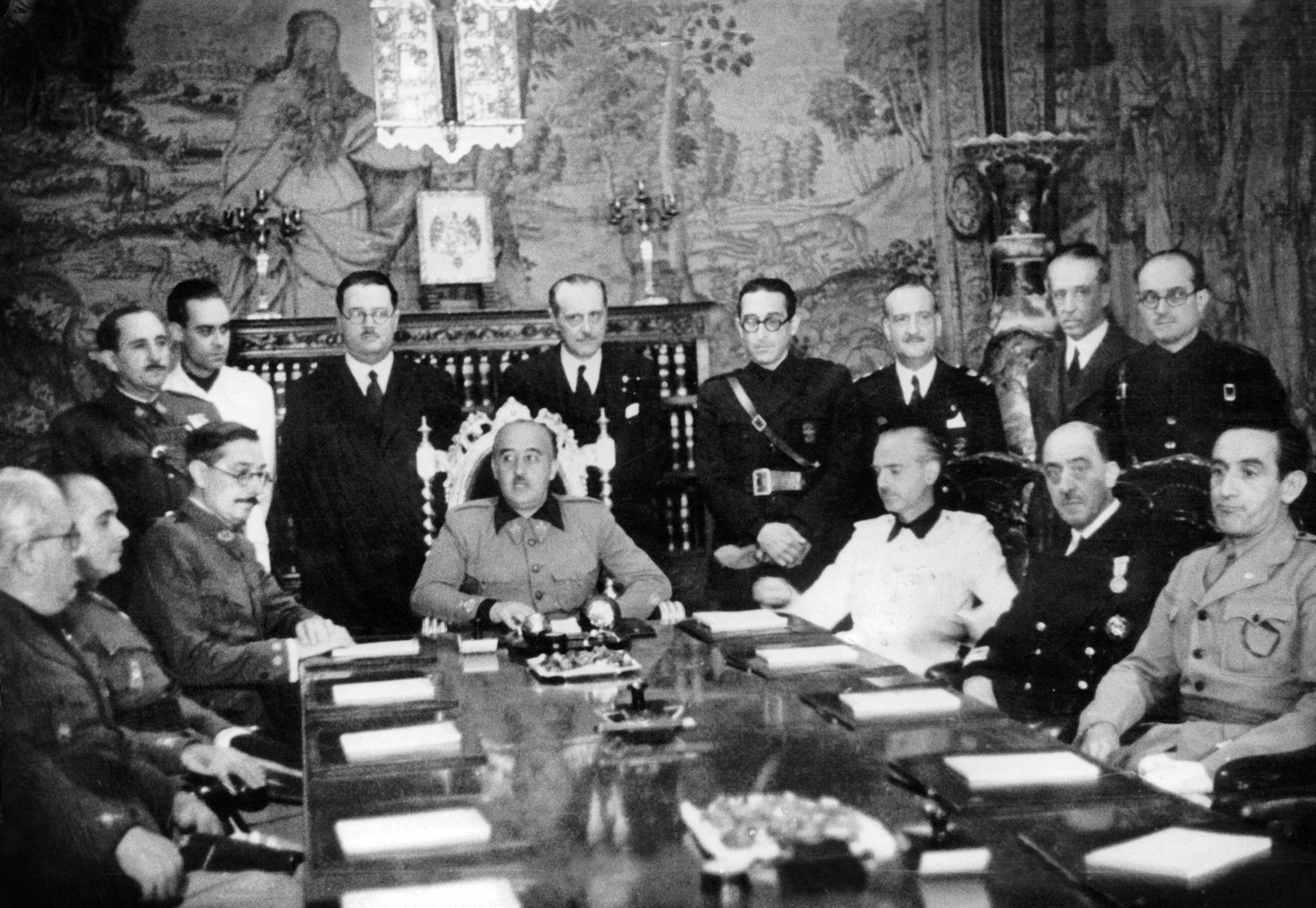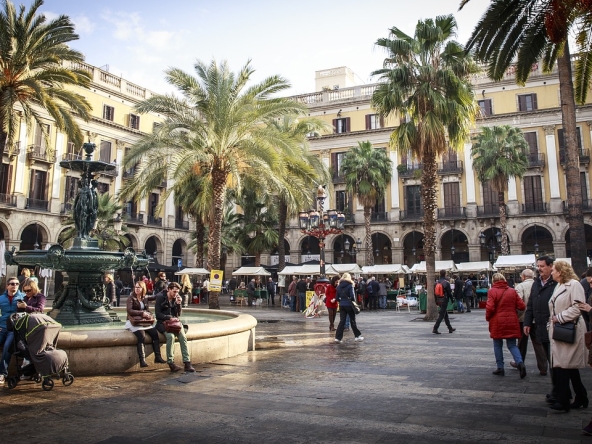A historic law that forbids expressing allegiance for the former dictator Francisco Franco has been adopted by the Spanish senate.
Additionally, the new "Law on Democratic Memory" will make the state liable for looking for unaccounted-for civil war dead while also preserving the memory of Franco's victims.
On Wednesday, the Senate passed the bill with 128 votes in favour, 113 against, and 18 abstentions.
The law had previously been approved by Spain's parliament in July following a protracted discussion.
It is the most recent effort by Spain's socialist administration to mend rifts in the nation in the decades after Franco's death in 1975.
Following the vote, Pedro Sanchez, the prime minister, sent a message on Twitter that said, "We have always been devoted to developing our democracy, and now we are taking another step towards justice, compensation, and dignity for all victims."
The ex-bones dictator was unearthed and taken from his imposing mausoleum outside of Madrid in 2019 after a government order from Spain.
After the Civil War in the 1930s, over 114,000 persons are still missing.
Without financial support from the government, civic movements have frequently taken on the task of locating and exhuming victims from unmarked or mass graves.
But Spain's state government is now required, thanks to the "Law on Democratic Memory," to look for lost victims. In order to track down, identify, and map out victims of the Franco era, a DNA bank will also be established in Spain.
"History cannot be formed on the amnesia and quiet of those defeated ," the statute declares.
The private Francisco Franco Foundation and other organisations that promote or glorify the actions of Spain's 20th-century dictatorship will now be prohibited by law.
Any convictions made under the dictatorship on the basis of politics, religion, or sexual orientation will be overturned, and infants taken from the homes of Spanish republicans by the Franco government will also be recognised as "victims."
A special prosecutor's office would be established under the law to look into crimes against humanity committed during the civil war and dictatorship.
A 1977 amnesty statute prevented previous attempts in Spain to prosecute figures from the Franco era.
NGOs such as the Association for the Recovery of Historical Memory (ARHM) have urged Spain to overturn the 1977 statute and provide further compensation to dictatorship victims.
However, the biggest right-wing opposition party in Spain, Partido Popular (PP), has consistently charged the administration of wanting to reopen old wounds. If elected in 2023, PP has pledged to overturn the new law.
In 2007, Spain's former Socialist government established a law intended to preserve "historical memory," but former PP Prime Minister Mariano Rajoy bragged that he had not spent a single euro of taxpayer funds to finance the legislation.





